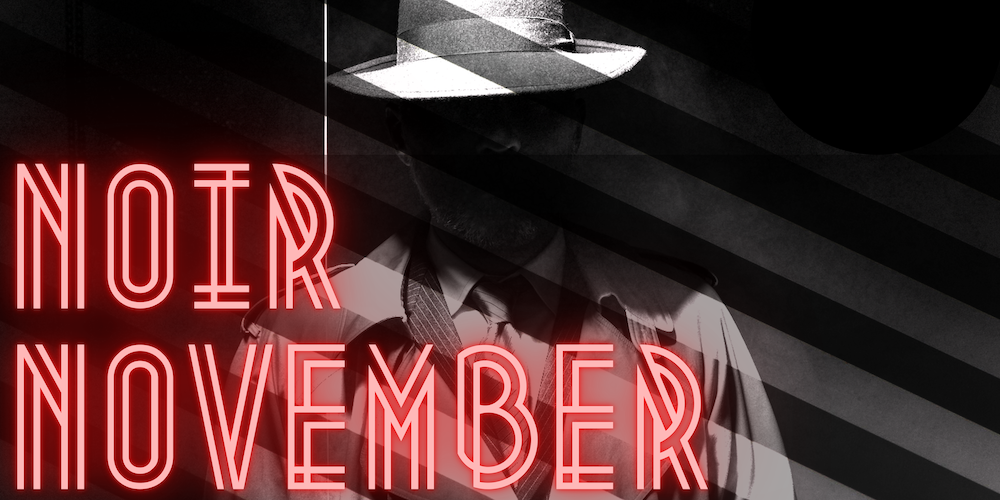Noir November: Tokyo Drifter
Written by Cameron Geiser
Every day for the month of November, Cameron Geiser is reviewing a noir film (classic or neo) for Noir November. Today covers a slice of Japanese crime cinema: Tokyo Drifter.
We’re going to take a short break from France today and travel to the far east for our next Noir from Japanese filmmaker Seijun Suzuki. Now that we’re getting deeper into the 1960’s our sense of what is a Noir film is changing too. I’d consider this the first Neo-Noir of the month, it’s also possibly the boldest and stylistically delirious film of the month. I once saw the headline of a review for this film simply stated as “Inspired Lunacy” and that isn’t far off the mark. Especially as it was 100% a film of its time and place in 1960’s Japanese cinema. Look at the Godzilla films that were released during this time for a taste of how wild filmmaking was then, especially Destroy All Monsters.
Tokyo Drifter tells a somewhat familiar tale within the gangster genre, though with bold and stylistic choices that make it memorable. The titular drifter is Tetsu (Tetsuya Watari), a prominent member of a gang in Tokyo attempting to “go legit” and get out of the game for good. Things aren’t that easy though, as their rival gang cannot abide by this pacifist turn and they use this as an opportunity to oust Tetsu and his Boss Kurata (Ryûji Kita) for good. After their rival gang plays dirty by trying to oust Kurata and company from their building financially and ruin their attempts to settle the gang’s debts, Kurata accepts Tetsu’s idea to disband the gang geographically and for Tetsu to wander Japan occasionally getting assistance from their allies. Once they discover this tactic Otsuka (Eimei Esumi), the leader of the rival gang, sends his best man, Tatsu the Viper (Tamio Kawaji) to hunt him down.
A pivotal moment in Tokyo Drifter.
What sets this film aside as a standout within the crime genre is its style. The look and sound of the film is very unique. The opening is a washed out black and white that transfers to color after that sequence. BOLD color choices become almost distracting throughout the film. In the costumes, backgrounds, lighting, in all facets of production the colors catch the eye from scene to scene. There’s also a particularly jazzy score throughout the film, which when paired with Tetsu’s random bouts of singing make the whole affair more upbeat in nature. Shootouts with abstract choices, jazz blaring over a nightclub brawl, and betrayals left and right- it all combines for a fun, if somewhat predictable, gangster Neo-Noir flick. I could go on, but truthfully this is a wild film that has to be seen to believe it. Seek this one out, it’s bananas.
Cameron Geiser is an avid consumer of films and books about filmmakers. He'll watch any film at least once, and can usually be spotted at the annual Traverse City Film Festival in Northern Michigan. He also writes about film over at www.spacecortezwrites.com.






